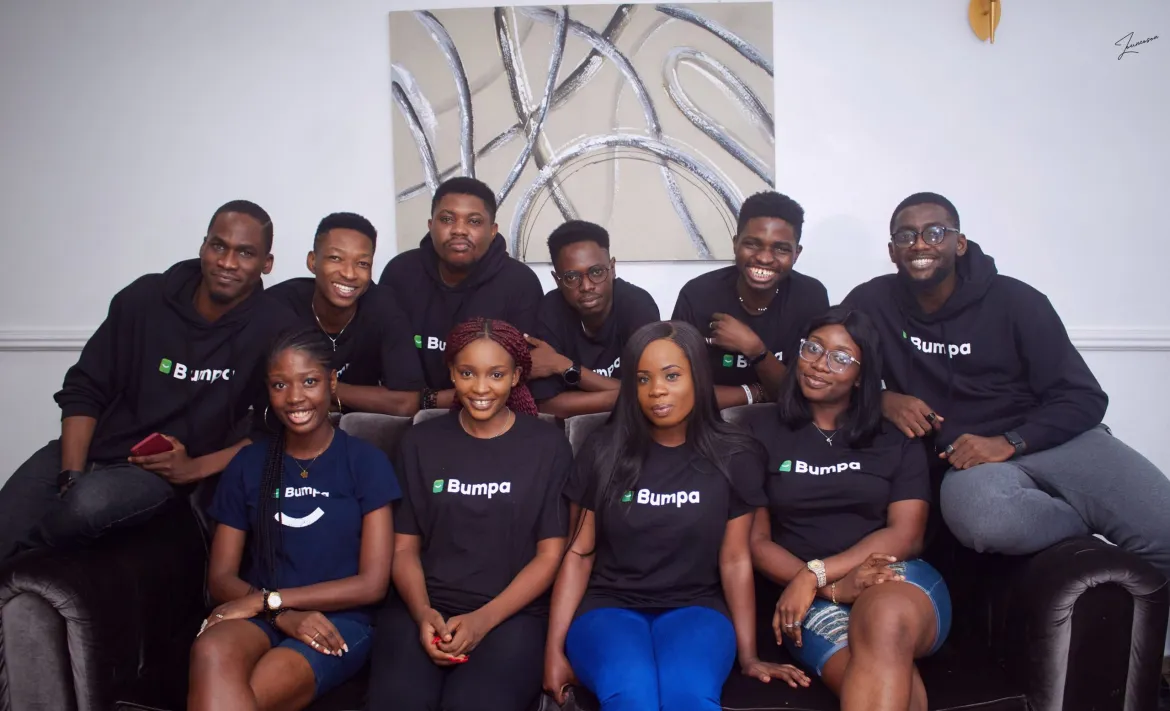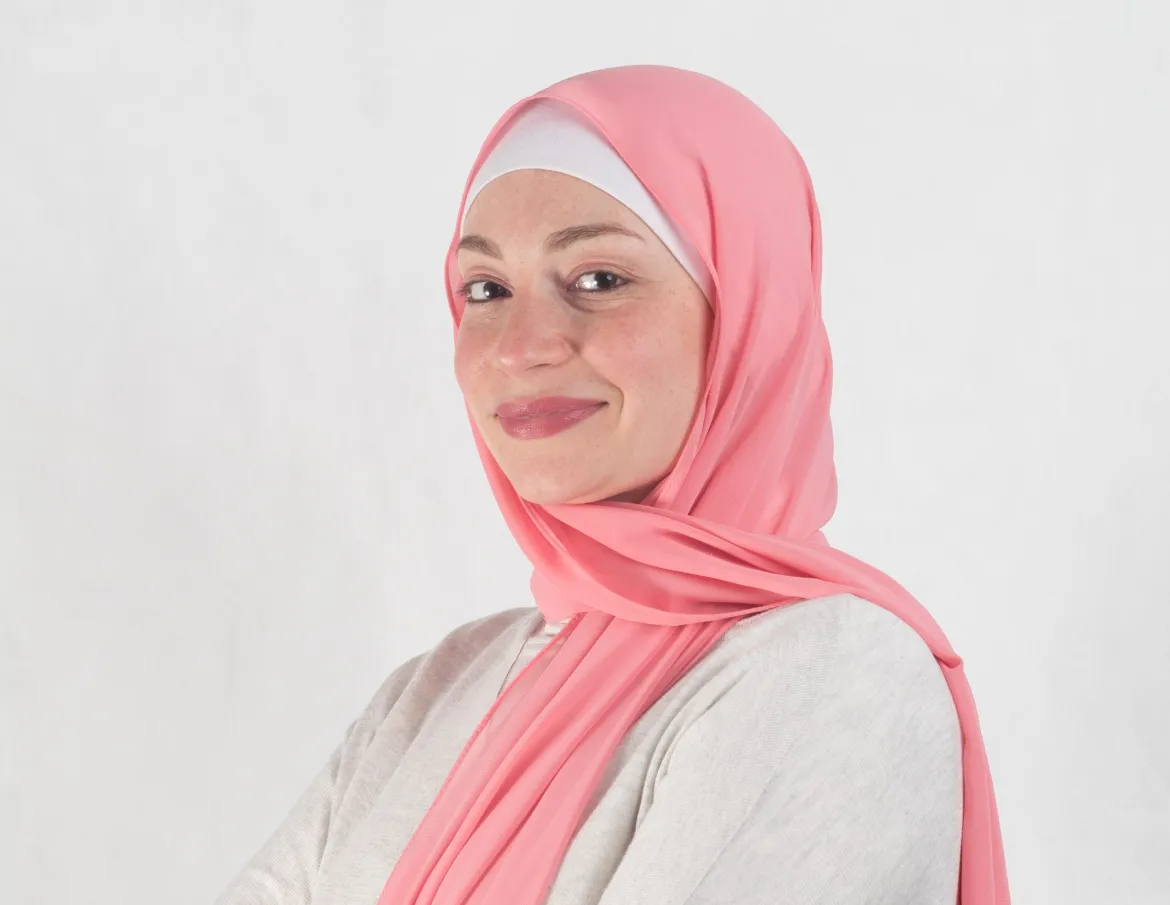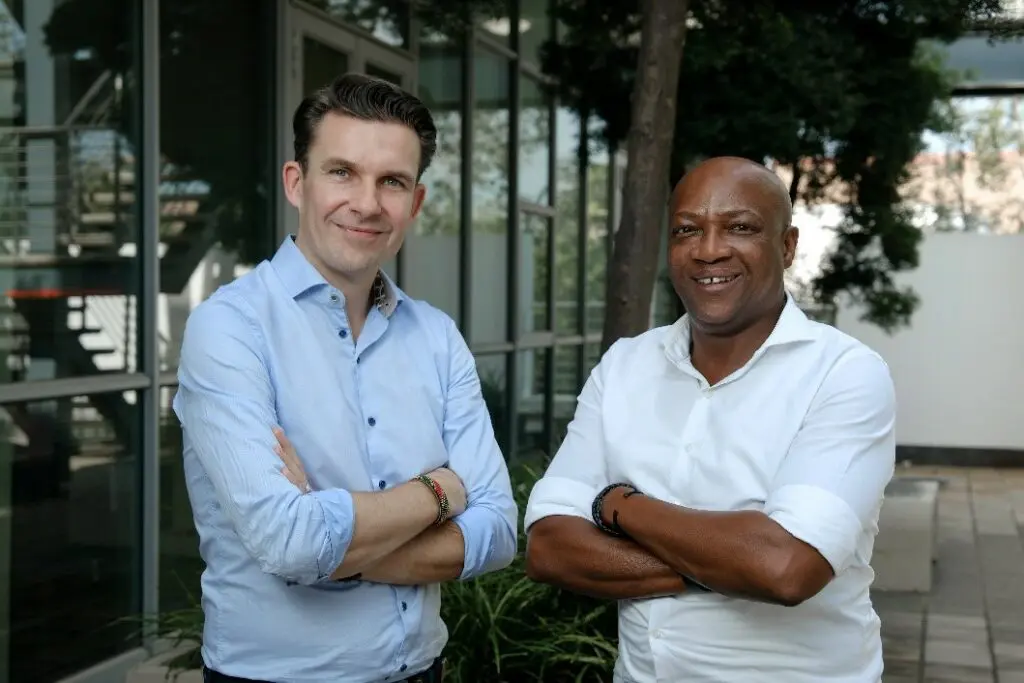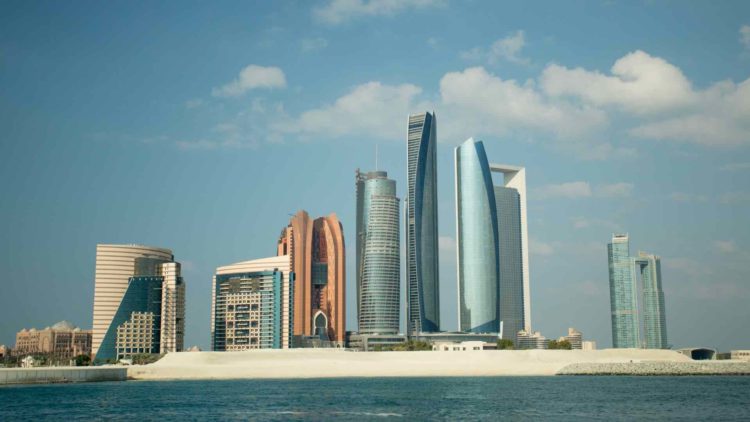Microsoft has invested around $200m building its Africa Development Centre in 3 years
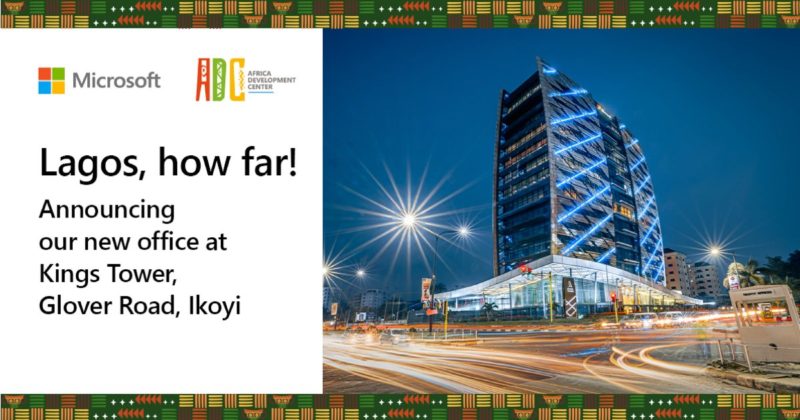
Microsoft has announced that it has invested approximately $200 million (two hundred million dollars) in the establishment of its Africa Development Centre (ADC) in Lagos, Nigeria.
During Microsoft’s Nigeria Office Launch in Lagos, Gafar Lawal, managing director of its ADC in Nigeria, revealed this.
Since establishing the Africa Development Centre in Nigeria three years ago, the company has invested in talent development, physical office space, and product development.

The ADC West Africa, Microsoft’s seventh worldwide, serves as a premier engineering center for Microsoft in the region, where world-class African talent can create solutions with local and global impact.
It was launched in May 2019 with the hiring of ten world-class African engineering talent to create innovative solutions ranging from AI-enabled cloud services to mixed reality experiences and rich applications that power the intelligent edge without disruption.
The Governor of Lagos, Babajide Sanwoolu, the Federal Minister of Communications and Digital Economy of Nigeria, Isa Ali Pantami, the Director-General of the National Information Technology Development Agency, Inuwa Kashifu Abdullahi, the Chief Executive Officer of Main One Cable Company, Funke Opeke, and the Chairman of Zinox Group, Leo Stan Ekeh all attended the launch ceremony.
Isa Pantami officially unveiled the new office by cutting the ribbon.
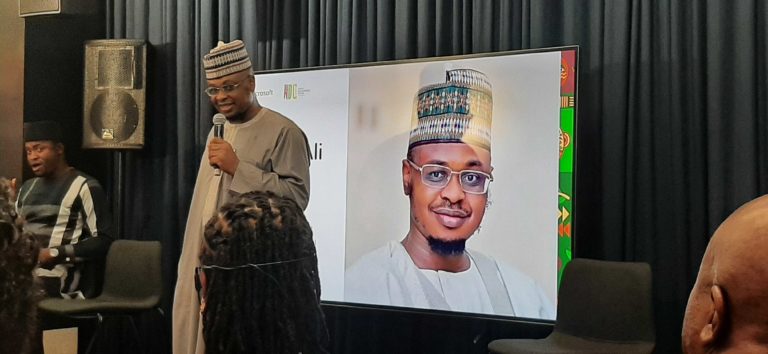
In his speech, Professor Pantami expressed the Federal Government’s gratitude to Microsoft for the investment and stated that the government of Nigeria is willing to support international tech companies that want to invest in Nigeria by introducing enabling regulations and product adoption.
Joy Chik, Corporate Vice President, Identity Division at Microsoft, told the audience at the event that the ADC was the natural next idea for Microsoft when it realized that Africa was the next frontier for global technology expansion. She claims that:
“Having spent over two decades on the continent, the next step in our journey in Africa was to better understand a continent rapidly growing in youthful population and talent pool as well as adopting technology in the cloud and at the edge. We launched the ADC in Nairobi, Kenya and Lagos, Nigeria to help us better listen to our customers, develop locally and scale for global impact.”
“So far, we are proud of the impact the team is driving here, and we are grateful to all of our stakeholders- our local partners, academia, the Federal and State governments, and the developer community- for their support,” she continues.
Gafar told the audience at the launch ceremony that the center has surpassed its four-year goal of onboarding 500 developers by 2023 due to the abundance of talent in Nigeria.
“It typically takes 6 months to fill key roles in our offices around the world.” However, when we announced the first positions in Nigeria, we received over a thousand applications in less than an hour. In fact, the question wasn’t about finding competent people at the time. It was a matter of having enough roles to accommodate the talents.”
“After four years, in 2023, we hoped to have 500 engineers.” I can tell you that we currently have 570 engineers. “We’re already thinking about setting new goals,” he adds.
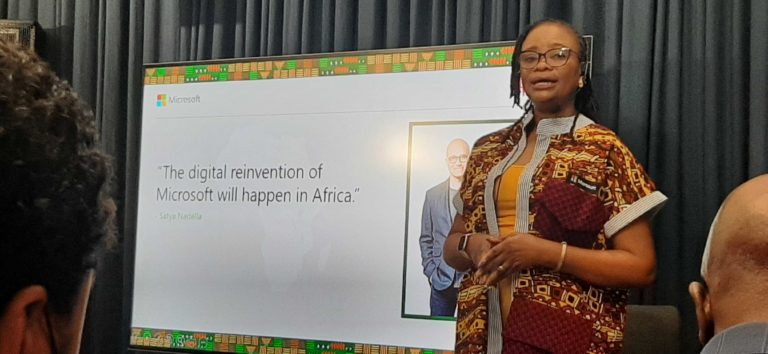
Speaking about the significance of the ceremony, Microsoft’s Country Manager for Nigeria and Ghana, Ola Williams, told the audience that the new office space is a testament to Microsoft’s continued growth.
“When Microsoft opened its first office in Nigeria in the year 2000, it was in a container office with just three staff members. Today, we have grown to a team of over 200 members with over 400 partners. During the pandemic alone, we trained over three hundred and seventy thousand in digital skills and over three hundred thousand became fully certified.”
Ola Williams, reiterating the company’s accomplishments, told the guests that Microsoft, through its partners, has created over 1.2 million jobs in the country.
“During the pandemic, we upskilled over 370,000 Africans through programs like LEAP and Microsoft 4Afrika, and we brought over 700,000 small and medium-sized businesses online, as well as connecting schools, universities, and healthcare clinics to the internet for the first time.”
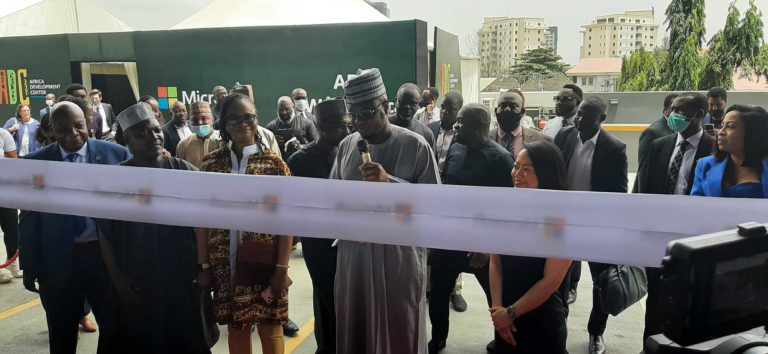
Microsoft collaborated with local universities to develop a modern intelligent edge and cloud curriculum that is unique to Africa as part of its bid to support the development of key engineering skills. Graduates from top Nigerian engineering universities were granted access to the ADC in order to pursue meaningful careers in data science, AI, mixed reality, application development, and other fields.
“This demonstrates Microsoft’s commitment to bridging infrastructure, connectivity, and capability gaps in order to accelerate innovation,” she concludes.


